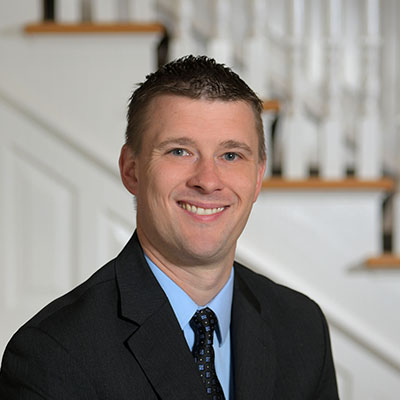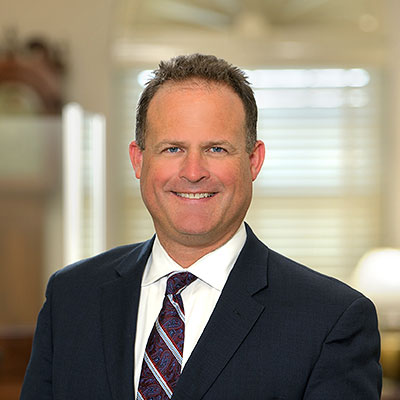Slips and Falls Happen All the Time
We've all had situations involving a slip and fall or even a trip and fall. Most of the time, you just chalk it up to your clumsiness. But what if it isn't just that? For example, what if it isn't your fault and someone else had a hand in it? What do you do then? You can start by talking with one of our slip and fall lawyers at our personal injury law firm serving Bucks County and Montgomery County, PA, and Camden County, NJ. Doylestown and Norristown locations.
Determining Negligence & Liability
Accidents on other people's property happen, and injuries are often the result. But when someone else's carelessness (or negligence) is a factor, you may wonder about your legal rights. A critical determinate in any slip and fall claim is liability. Consequently, winning your case means proving that someone else—usually the property owner—is legally responsible for your injuries. So, the key liability questions include:
- Who are the potentially liable parties?
- Were those parties actually negligent, i.e. did they cause or fail to prevent the slip and fall accident?
From your perspective as an injured person, you'll need to prove that you in no way to the accident through your own carelessness.
The term "reasonable" often comes up in settlement negotiations with a slip and fall lawyer and at other key stages of these personal injury cases. That's because, in order to be held "negligent" and therefore liable for damages in a slip and fall case, a property owner (or the owner's agent or employee) must have failed to act as a reasonably prudent person would have acted under circumstances similar to those leading up to the accident.
In trying to assess whether the defendant acted reasonably, here are some factors to consider:
- Did the hazardous condition or obstacle exist long enough that a reasonable property owner or employee could have taken action to eliminate it?
- Did the property owner or employee have a policy of routinely checking for potential hazards on the property? If so, is there a record of whether the procedure was followed immediately before the accident?
- Was there a reasonable justification for the creation of the potential hazard? And if so, did this justification still exist at the time of the slip or fall?
- Could the hazardous condition have been made less dangerous through preventive measures such as relocating the hazard, placing adequate warning signage in the area, or preventing access to the location?
- Was poor lighting or limited visibility a factor in causing the slip and fall?
Proving Fault in a Slip and Fall Accident
Here's a hypothetical. Imagine someone had an incident involving a slip and fall. Sometime later, they have major back pains or ongoing pain in their knee. Then they go to the doctor and find out they have a disc problem or a torn ligament in their knee. Whose fault is it? Can you file a claim for a personal injury?
Here's what you'll need to prove with the help of a slip and fall lawyer:
- There was negligence by the individual or entity to perform a duty of care (an obligation to avoid injury or placing someone in danger) and is, therefore, liable.
- The individual or entity breached the duty of care leading to your injury.
- That breach by them was a significant factor in the injuries.
What is Modified Comparative Negligence?
In Pennsylvania, modified comparative negligence is critical in slip and fall cases. For instance, it determines the amount of compensation you can receive if you were negligent. In short, your damages reduce by an amount equal to the percentage of fault that is yours. A slip and fall lawyer can help determine your negligence in the accident.
Here's another hypothetical. If a jury decides that you were 50 percent at fault, the court will cut your damages in half for lost income, medical bills, pain and suffering, and other related losses. However, if the jury decides you are more than 50 percent at fault, you can't recover a dime.
A property owner and a personal injury lawyer may throw a lot of allegations at the injured party. For example, they weren't allowed to be in that area and were distracted because they were texting and overlooked the potential issue. Or, they were wearing heels or inadequate footwear that helped cause the accident. The allegations can go on and on.
Talk to a Slip and Fall Lawyer if You're Injured
Our slip and fall lawyers are here to help you decide whether the injured party has a case. Slip and fall accidents can often be challenging to win, even for the most seasoned premises liability attorney. But it's a matter of compiling solid evidence. However, unlike car accidents involving witnesses or even street camera evidence to help prove the case, slip and fall cases mostly come down to first-hand accounts. As a result, the best chances of winning involve visual evidence or if a third party can corroborate the accounts. Without that level of proof, many slip-and-fall lawsuits fail.
If you feel a property owner was negligent and that negligence caused your injury, talk with a slip and fall lawyer at our personal injury law firm today. You can count on our expertise and discovery process to make your case. We're here to help.
Call Rich Sokorai at 610.275.0700 or email info@highswartz.com. We'll take the time to talk through the details with you.


